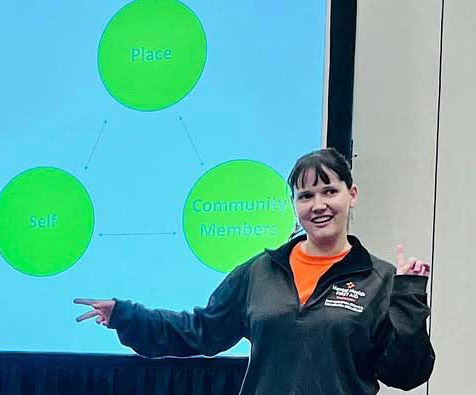From living on your own to partying without a curfew, college offers a panoply of first-time experiences. There’s one “first,” however, that no college student wishes for — a first-time brush with mental illness. But it’s a possibility that anyone headed for college needs to be prepared for, based on the following data:
- Depression (major depressive disorder) often surfaces for the first time during late adolescence and early adulthood, and is the leading cause of disability worldwide, the World Health Organization says.
- Schizophrenia and bipolar disorder can also show up for the first time in the late teens and early 20s.
- A survey by the American College Health Association found that 57 percent of college women and 40 percent of college women experienced “overwhelming anxiety” in the last year.
Dual Diagnosis – What It Is and Why Early Intervention Is Critical
In many of these instances, an untreated mental illness can eventually lead to drug and alcohol use as an effort to cope. College can potentially exacerbate this correlation given the amount of binge drinking and recreational drug use that takes place.
The clinical term that describes this phenomenon is dual diagnosis; when another mental disorder co-occurs with addiction. The earlier the intervention, the better the chances of recovery.
Take, for example, conditions like schizophrenia and bipolar disorder, which often co-occur with drug and alcohol abuse and significantly increase the risks of an addiction. One symptom that can signal the onset of these disorders is psychosis, characterized by hallucinations (seeing or hearing things that aren’t there) and delusions (strongly held, irrational beliefs). Research into substance use in patients with early signs of psychosis has found that early intervention services — as in quick, assertive intervention as soon as psychotic symptoms appear, followed by psychological interventions such as cognitive behavioral therapy and family therapy — can improve recovery outcomes:
- Relapse rates go down.
- Symptom severity decreases.
- Quality of life improves.
- Engagement with psychological therapies also improves.
Best Dual Diagnosis Treatments for College Students
Early intervention is therefore key to a successful recovery. Here are some things to consider when looking for dual diagnosis treatment options for college students:
Do your research. With any rehab program that claims to offer dual diagnosis treatment, ensure you receive answers to the following questions:
- Does your program screen for both mental illness and addiction during the assessment and admissions process?
- Are your medical and clinical staff trained to recognize and address psychiatric disorders, in addition to addiction?
- Is psychiatric medication available for patients who need it?
- What are your aftercare services for clients who are mentally ill upon discharge from treatment?
Choose long-term inpatient treatment. Long-term inpatient treatment – ideally at least 60 days, or the equivalent of a summer or semester away from school – is associated with the best recovery outcomes. One reason is that residential treatment ensures that clients’ symptoms are being continually monitored and managed, with the result that any underlying mental disorder can be better diagnosed and treated as early as possible. In addition, the intensive daily regimen of group and individual therapies within a safe, sober living environment is more effective at reducing the risks of relapse, which are highest during the first weeks and months of sobriety.
Look for evidence-based dual diagnosis therapies. These include trauma-informed therapy, including dialectical behavioral therapy, cognitive-behavioral therapy, 12-step and peer support group therapies, family therapy and holistic interventions such as yoga and meditation. All of these interventions have a track record of success in treating dual diagnoses.
Finally, consider dual diagnosis programs that specialize in treating young adults. The peer support aspect of such programs can be a powerful source of motivation and accountability in your recovery.
As an addiction-certified psychiatrist and the Medical Director at Beach House Center for Recovery, Dr. Montes de Oca has been serving clients with mental health disorders for more than 20 years. He also has extensive teaching and research experience in the fields of clinical psychiatry, psychopharmacology and addiction treatment. He writes on a variety of issues related to the medical treatment of addiction and co-occurring disorders like panic disorder, major depressive disorder and schizophrenia. Learn more about Beach House’s treatment program options here.



